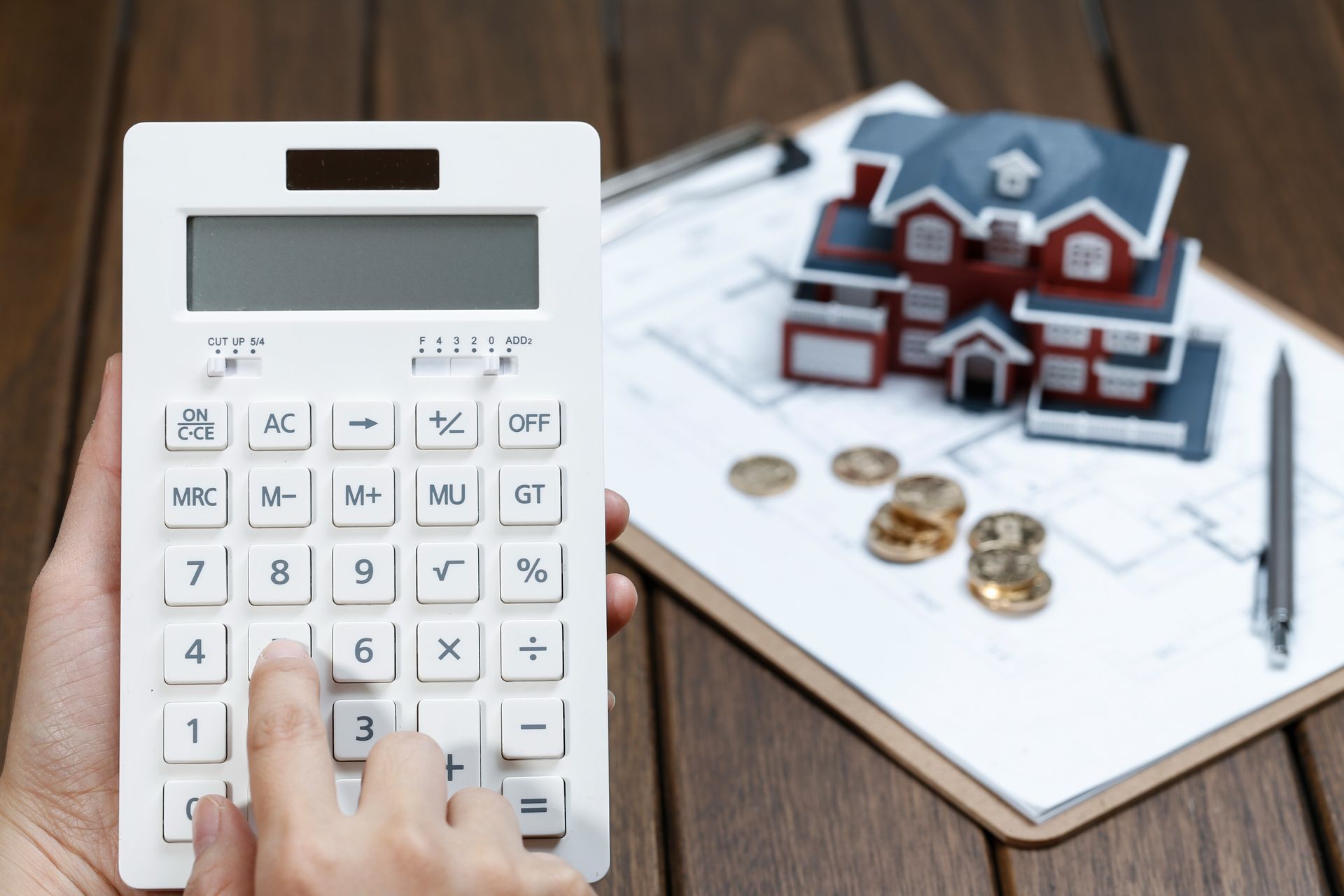Pros and Cons of Using Your Home Equity
If you have considerable equity in your home, you might be able to use this and borrow against it to gain access to funds that you can use for other purposes, such as a home renovation.
What is Home Equity?
Home equity refers to the amount of ownership you have in your home. This is typically calculated by taking your home’s value and subtracting the amount that is owed on your mortgage. For instance, if your home is worth $600,000 and you have $350,000 remaining on your mortgage, then you have $250,000 equity in the property.
If you’re looking at home equity loan rates and wondering if using the equity in your home is a good idea, here are some of the most important pros and cons.
Pros:
As mentioned, a home equity loan lets you access funds using the equity you’ve built up in your home as collateral. There are several reasons why you may want to consider this option.
- You only have to apply once
- One of the biggest benefits to a home equity loan or a home equity line of credit is that it’s usually easier to apply and get accepted than it is with other loans.
- You’ll get a lower interest rate
- Since your loan is backed by collateral (the equity in your home), you’ll usually get a lower interest rate than other loans. In addition, a home equity loan usually has a longer repayment term than many other loans, so your monthly payments might be lower.
- For instance, many home equity loans have lower interest rates than credit cards or other lines of credit, which can make them a good choice for many people.
- Possible tax deduction on interest
- One of the most common reasons for getting a home equity loan is to use the funds to do improvements to your home. If you do this, you might be able to deduct the interest from your taxable income.
However, in addition to the potential advantages, there are also some possible drawbacks to consider.
Cons:
Here are some of the reasons why you may want to think twice before getting a home equity loan.
- Legal, appraisal, administration fees
- To get a home equity loan, you may need to have your home appraised to determine its current value. There will be a fee for this service. You may also need to pay legal or administrative fees, which might not be the case with other types of loans.
- However, different lenders offer different loans and this means the fees might be different as well. Therefore, it’s a good idea to shop around or to work with a professional to get the best deal.
- Decrease in property value
- A home equity loan is based on the current value of your property. If your home were to decrease in value, you could potentially owe more than your home is worth. This will make it more difficult to sell.
- Serial borrowing can add up to debt
- Before you take advantage of any loan, it’s important to think about your overall financial situation. How much other debt do you have? Can you afford these debts? How will you make the necessary payments? Is this something that makes financial sense? Borrowing from your home equity can be a good idea, but not if you are overextended or on shaky financial ground.
- If you are unable to pay back your home equity loan, you could potentially lose your home, so you’ll need to ensure you have a plan to repay.
If you’re wondering if a home equity loan is the right choice for you, the team at EasyMortgageLend.com is here to help. We will look at your current financial situation and suggestion the solutions that are right for your circumstances. Each situation is different, and we’re here to help you find the best possible option.
For more information, or to meet with a member of our team to discuss your financial choices, please contact us online or give us a call at (647) 895-3921.











